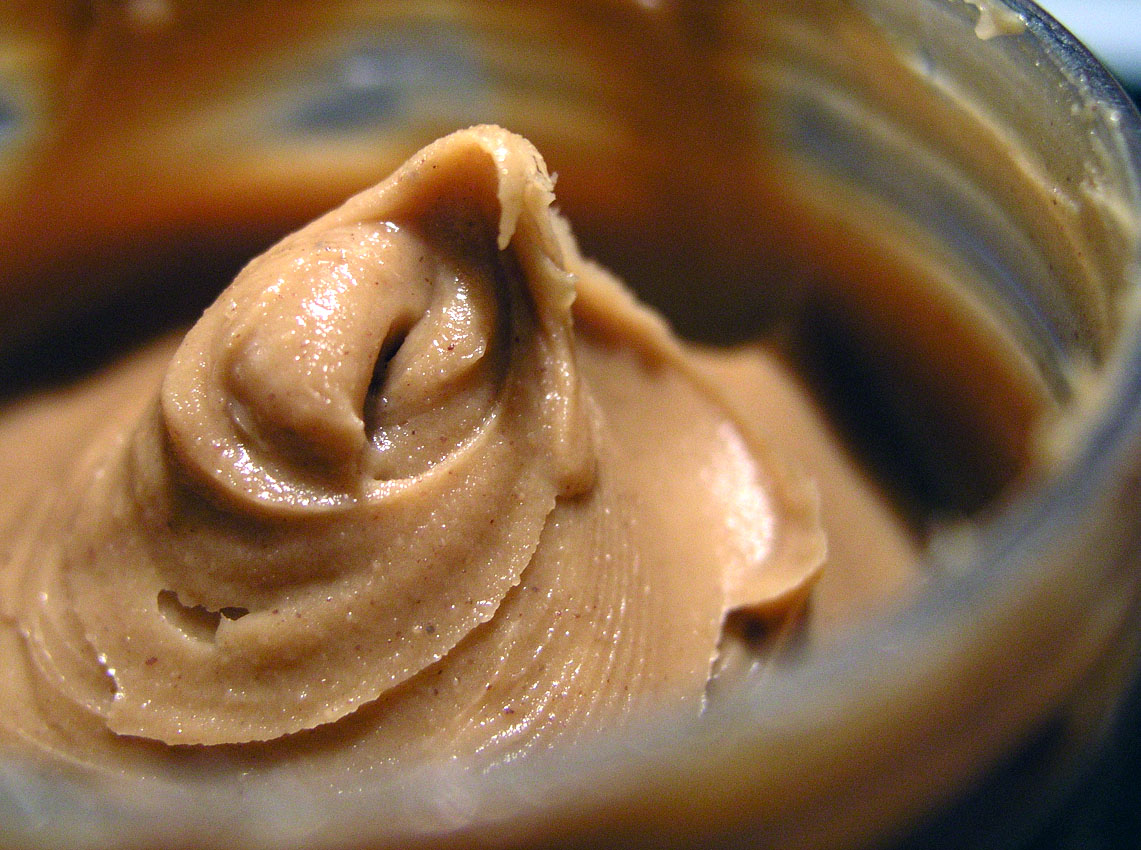
Nut butters are a convenient, delicious spread that boasts many health benefits, when consumed in the correct portions. With several products currently available, we chose a few to see how they compare…
Nut butters are a convenient, delicious spread that boasts many health benefits, when consumed in the correct portions. With several products currently available, we chose a few to see how they compare…

Nut butters are a convenient, delicious spread that boasts many health benefits, when consumed in the correct portions. With several products currently available, we chose a few to see how they compare. The products are compared per 100g, however keep in mind that a usual serving size of nut spreads would be around 20g.
Nut spreads contain high fat contents which unfortunately lead consumers to believe they are not healthy. But this is not the case! The fat contents of the chosen products range between 45g and 51.1g however most of these fats are mono- and poly-unsaturated. For example, Melrose ABC spread contains the most fat (59g) however approximately 50g of this is ‘good’ fats! These types of fats are protective against several diseases including depression, Alzheimer’s disease, heart disease and stroke.
The most noticeable difference between products is the sodium content. The lesser processed varieties contain between 7mg and 30mg of sodium, whilst Kraft Peanut Butter contains a staggering 592mg. Aim for a product that has less than 120mg sodium/ 100g when choosing as this is considered a low sodium food.
In terms of kilojoules, nut spreads are usually high (due to their high fat contents). Melrose Naturals Almond and Chia Spread contains the least amount of kilojoules (2350kJ). This is reflective of its lowest fat and carbohydrate contents, sitting at 45g and 7g respectively. The remaining products compared ranged between 2490 and 2730 kilojoules; 47.8g and 59g fat; and 7g and 37.9g carbohydrate. Nuts are considered to be a good source of protein which can also be seen in the spreads. Mayvers peanut butter contains the highest amount of protein (28.8g) , with most products having similar contents.
It is important to note that just because a product looks ‘natural’ it may still be high in unwanted fats and sugars and low in protein. For example, loving earth’s hazelnut spread contains 21.3g saturated fat, 31.3g of sugar (that’s 23.5g more than the second highest!) and only 7.1g protein.
Overall, most nut butters are packed with ‘good’ fats and protein, as well as being low in sugars. Stick to more minimally processed varieties if you want to enjoy their health benefits (without kilojoules and sodium creeping up!). Spread them on toast, sandwiches and crackers or maybe even enjoy them as a pancake topper! Whichever you choose, be sure to always eat in moderation.
